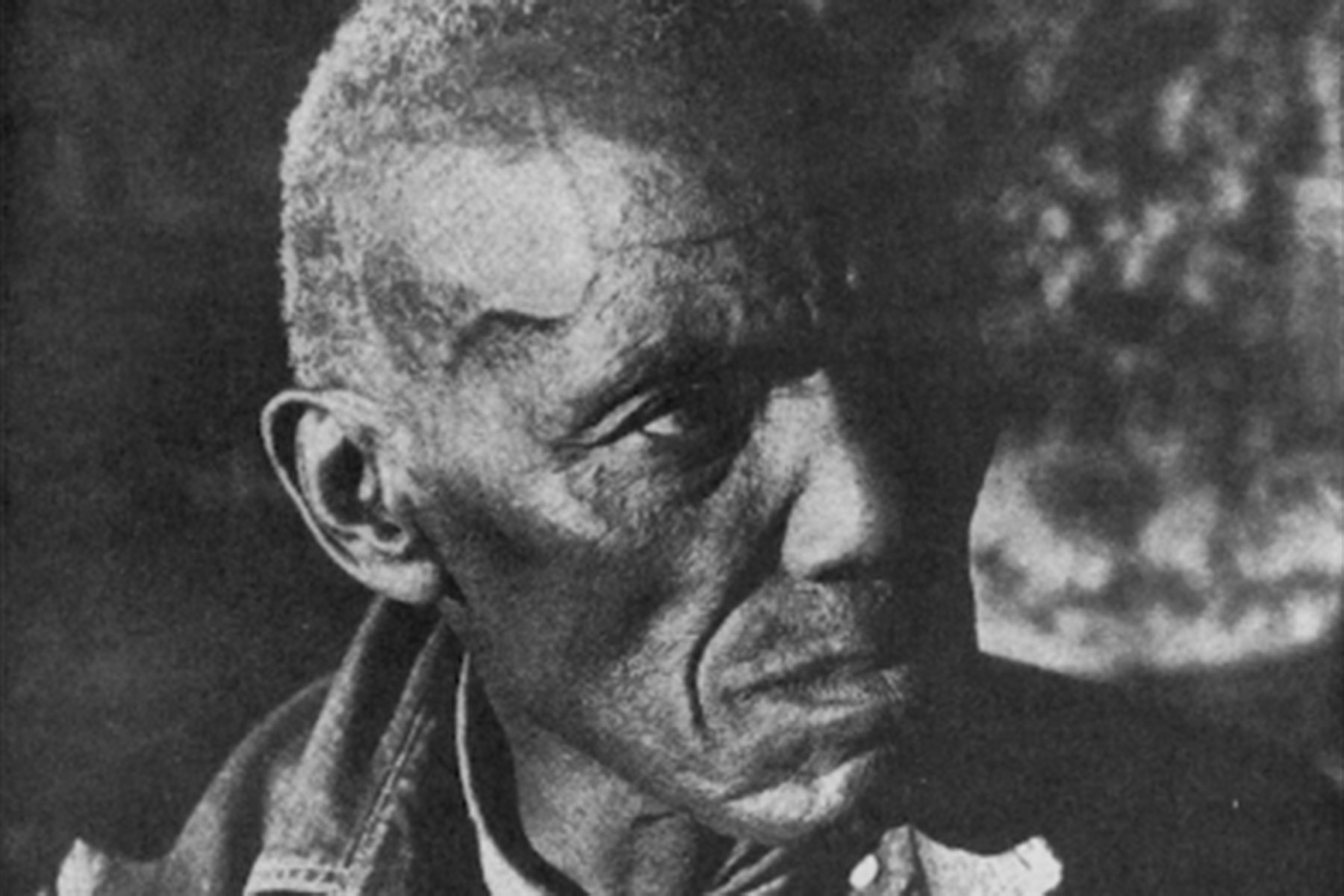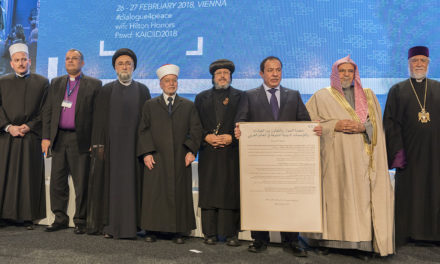
Black History Month is an annual observance in February that started as a way of remembering important people and events in the history of the African diaspora. This biography is part of a series that features well known enslaved African Muslims.
Born in Timbo, Guinea in approximately 1770, Bilali came from a Muslim family and was highly educated. Bilali had knowledge of high level Islamic Studies, including hadith, shari’ah, and tafsir. He was known as the first Muslim-American scholar. However, he was captured as a teenager and taken to the Caribbean and then by 1802 he was sent to Sapelo Island. His slave owner, Thomas Spalding, gave his slaves rare freedom, which was not provided elsewhere, especially in the South. Thomas Spalding allowed his slaves to practice their own religion and did not force them to convert to Christianity.
This slave owner also did not deprive his slaves of basic necessities such as food and clothing, he even allowed Bilali to build a small mosque on his big plantation. This mosque is believed to have been the first mosque in North America. On this plantation, Bilali became an overseer or manager to about five hundred slaves. Bilali was a trustworthy man and this was proved when Spalding left his plantation with his family in fear of a British attack. He left Bilali in charge to manage the plantation and gave his slaves weapons to defend the island.
Bilali was highly literate and considered by his fellow slaves to be a community leader and educator, he also used his Muslim faith to motivate his fellow slaves. Some of his writings have been preserved in the Georgia State Library in Atlanta. Bilali Mohamed died in 1857 and was buried with his copy of the Qur’an and his prayer rug. A 13-page Arabic manuscript was found among his belongings.
At first, this was thought to have been his diary, but closer examination showed that the manuscript was a record of a Muslim legal treatise and part of West Africa’s Muslim curriculum. This 13-page Arabic manuscript is now known as the, “Bilali Mohamed Document.” More on his life and those of other prominent African slaves can be found in, Five Classic Muslim Slave Narratives.
Since the first colonists arrived to settle in North America, Islam was part of the continent’s religious fabric. The Islamic teachings brought by enslaved Africans did not survive long within plantation communities, but there remains evidence in documents and traditions of its existence. It has been estimated that 30% of African slaves brought to the New World were Muslim, but the exact number transported is unknown.
Muslims first came to North America in the 1500s with colonial expeditions. They were an integral part of mapping the country. African Muslims later fought alongside colonists during the Revolutionary War against British rule, when America struggled to become an independent nation. The founding fathers were aware of Islam and the existence of Muslims in America. Thomas Jefferson, who owned a copy of the Qur’an, included Islam in many of his early writings and political treatises.












